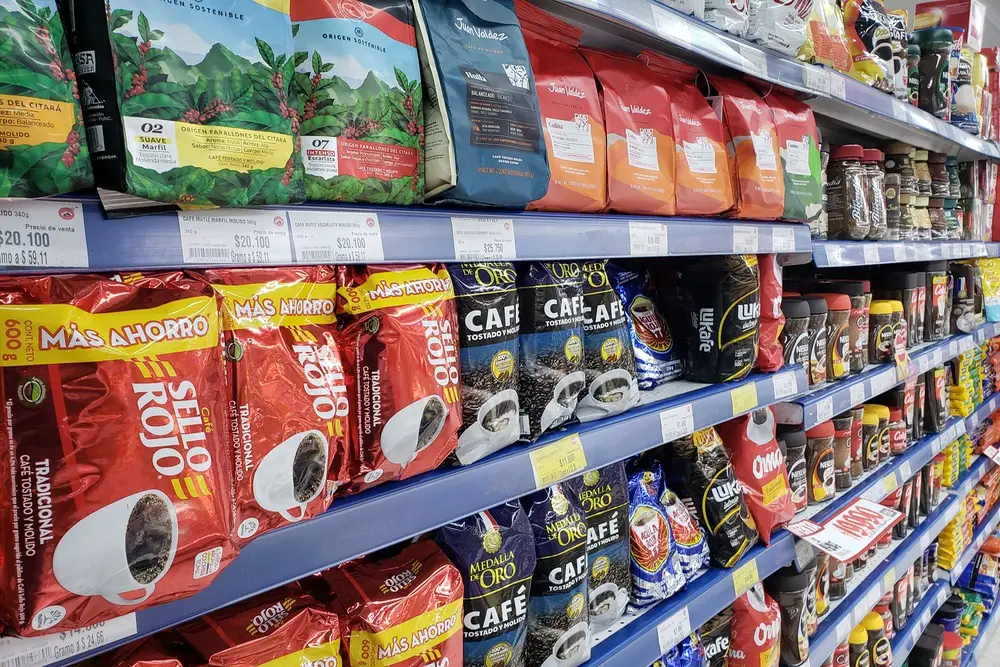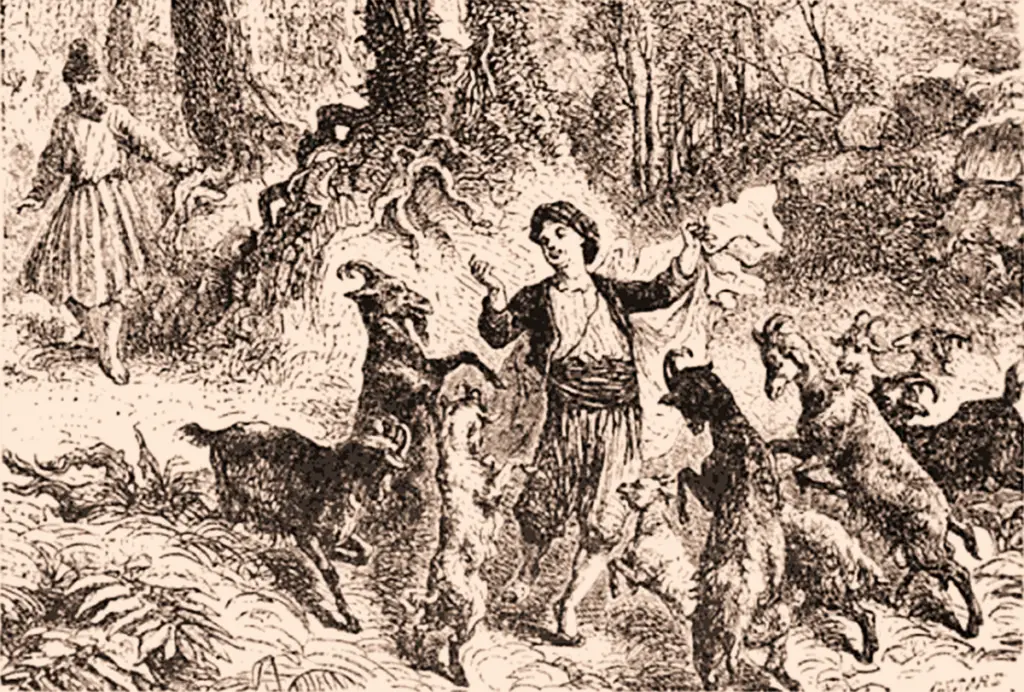Drinking coffee is part of the daily routine for many people. But how can you optimize coffee consumption in terms of time?
Table of Contents
Drinking coffee in the morning, right after waking up
Morning is one of the worst times of the day to drink coffee. This is due to the high levels of cortisol that the body has in the morning.
Cortisol is a steroid hormone released in response to stress and low blood sugar. It also plays a role in regulating processes throughout the body, including metabolism and immune response. In other words, the release of cortisol helps the body wake up in the morning. If you are an anxious person, coffee could be to blame due to the release of cortisol.
Therefore, consuming caffeine when cortisol levels are high can cause two problems. First, caffeine interferes with the body’s production of cortisol. This means that the body produces less cortisol and compensates for this with the caffeine ingested.
Another effect of drinking coffee in the morning is to increase tolerance to caffeine, as it replaces rather than amplifies the natural surge in cortisol.
Caffeine tolerance
This tolerance has a slightly more complex explanation because it involves other players in biochemistry, but don’t panic, we strive to make it understandable for everyone.
What are chemoreceptors?
It turns out that our brain is capable of understanding and shaping all the information that we perceive through our senses. How is that possible? Thanks to the chemoreceptors in our body. These chemoreceptors transmit messages about what identified a cell or organ to our brain, which responds.
These reactions can B. determine our heartbeat and breathing. But they can also lead to uncomfortable perceptions of things we interact with in the physical world to warn us, as in the case of bad food.
Metabolism in the nervous system
Numerous chemical reactions in the human body convert glucose into ATP (adenosine triphosphate), the main molecule from which cells derive energy.
The cells of the nervous system are called neurons. When they metabolize ATP, they can produce a compound called adenosine.
Adenosine and caffeine
Adenosine is able to dilate blood vessels or constrict airways and promote sleep by blocking the release of substances like dopamine that increase arousal. However, for this to happen, adenosine must come into contact with a chemoreceptor.
Caffeine is responsible for blocking the adenosine chemoreceptors. For this reason, no inhibitory process takes place. Also, caffeine increases the release of stimulating brain chemicals that reduce fatigue and increase alertness.
Because of this, the effects of caffeine wear off with regular consumption, so over time people become tolerant and coffee becomes ineffective as an energy source.
Drinking coffee after lunchtime
Coffee after 12 noon, even in the evening hours, can seriously disrupt sleep patterns. One study found that people who received a dose of caffeine equivalent to two espressos five hours before bedtime had a harder time falling asleep.
When you finally fall asleep after much tossing and turning, you may wake up more frequently at night. This either because of the stimulating effect of caffeine or because caffeine also has a diuretic effect, so that you have to urinate more. Coffee can also affect different sleep sequences.
When should you not drink coffee?
Below we present 4 situations where coffee can affect or disrupt your lifestyle.
If you have already reached your daily limit of coffee
The recommended daily maximum is 2 cups of coffee, based primarily on the caffeine content of a cup of coffee (about 100mg of caffeine per cup).
You can even consume up to 3 cups. From the 4th cup a day, however, the drink can have a drying effect. You may even experience one or more of the following symptoms:
- headache
- insomnia
- nervousness
- irritability
- Frequent urination or inability to control urination
- Rapid heartbeat
- muscle tremors
You shouldn’t drink coffee if you haven’t eaten before
Because coffee is an acidic beverage, drinking it on an empty stomach can cause stomach upset, especially for people with heartburn, reflux, or digestive issues. The same can happen with decaffeinated coffee.
It can also lead to nervousness, mood swings, and difficulty concentrating.
It is therefore recommended to consume coffee with food that limits the effects of stomach acid.
You shouldn’t drink coffee if you have high cholesterol
Cholesterol levels in the body can rise, especially if you drink an unfiltered variety.
Unfiltered brews include brewed coffees or coffees prepared using a French press or “plunger”. The espresso also falls into this category, but is relatively more filtered than the other types.
If that’s the case for you, you can switch to a more heavily filtered coffee.
You shouldn’t drink too hot coffee
According to the World Health Organization, consuming hot beverages with a temperature above 65°C may increase the risk of esophageal cancer.
In cafés, coffee is usually served at a temperature between 62° and 80°C.
Therefore, to avoid health complications, it is advisable to be patient and wait a few minutes for the temperature of the coffee to drop a little.
Conclusion
Coffee contains a number of components that can be both beneficial to health and harmful to health. Therefore, it might not be so far-fetched to take precautions when consuming it. We hope this information helps you to better rethink your coffee consumption and enjoy the times of the day that can be impacted by drinking (or not drinking) a cup of coffee.



